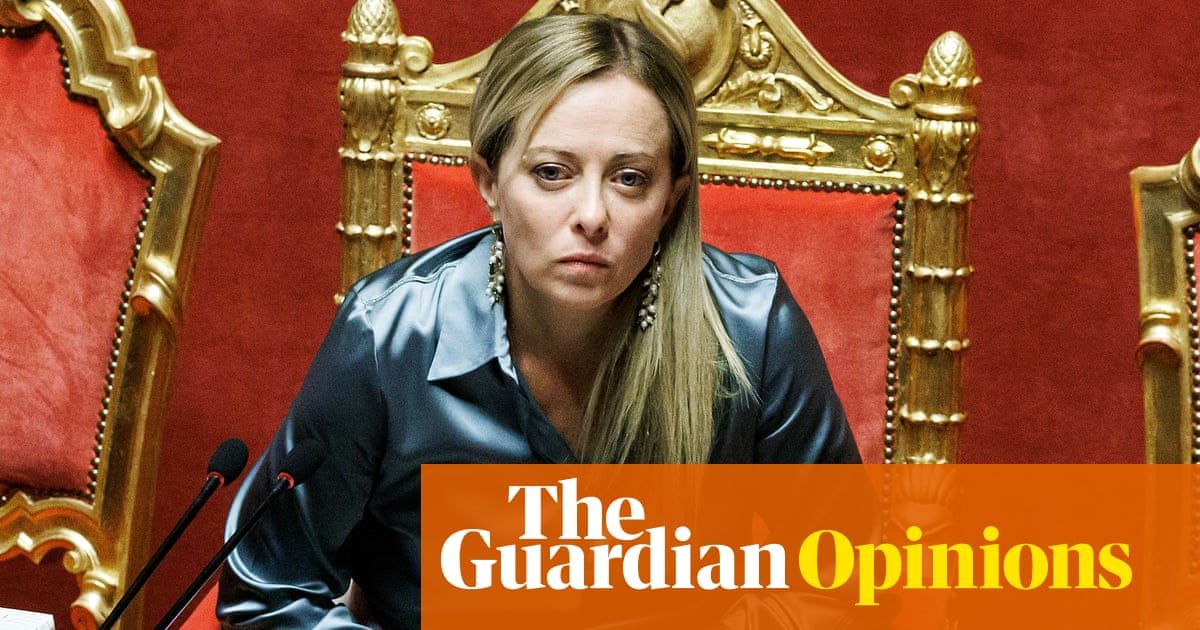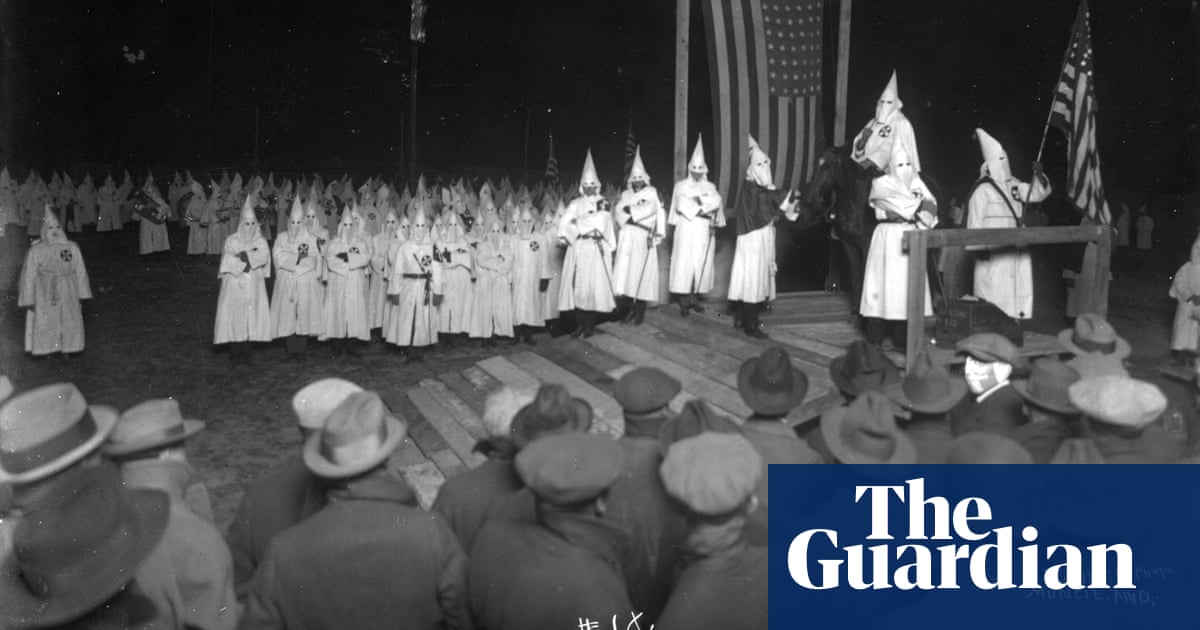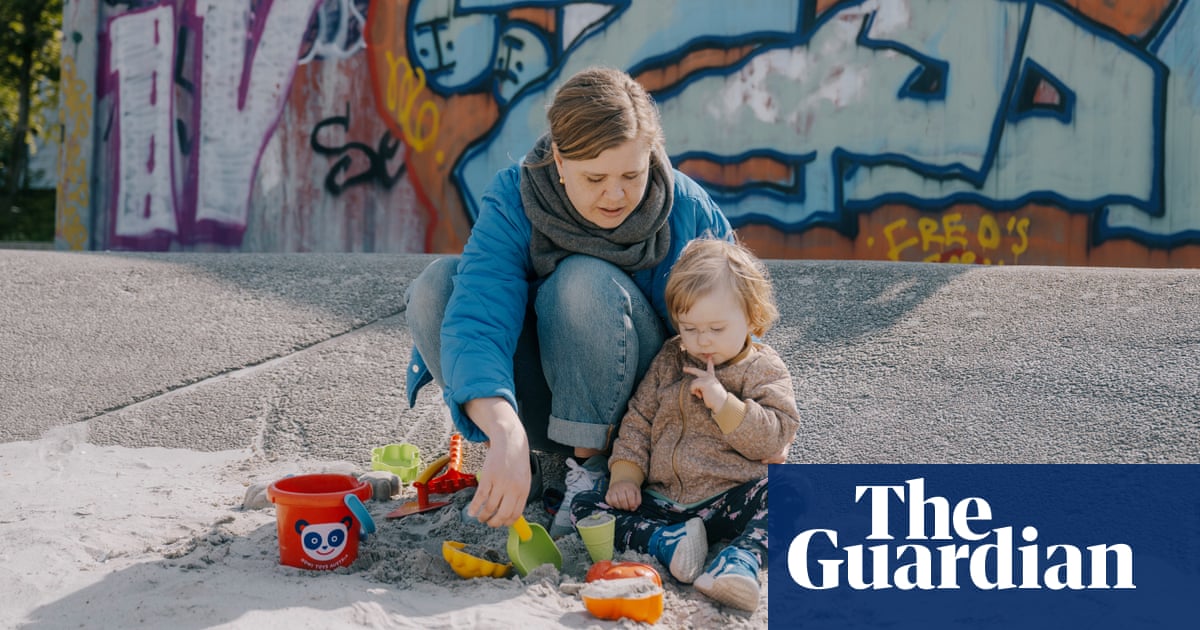
here’s been plenty of conversation about all the ways this pandemic has laid bare the brokenness of our systems: 27.5 million Americans without health insurance, the massive gaps in public health and healthcare funding, the two in five of us who couldn’t come up with $400 in an emergency.
To many of us, none of this feels shocking – we’ve been grappling with the depth and breadth of America’s systemic failures for years. My husband and I are some of those people without health insurance. Our family just moved into a new apartment contingent on my husband’s new job but it is non-essential and can’t be done from home, so he’s not working. His paid time off is set to run out soon.
This crisis has also laid bare the privileges some of us are afforded. In New York, people of a certain class are escaping to their country houses. Secret money, a friend of mine calls this, when acquaintances who complain along with you about the difficulty of making it in a certain profession or paying rent in New York City, and then you find out they have an extra house and their kids go to private school. But also, in my experience these last few weeks, this pandemic has exposed the privileges that some of us still have, regardless of how broke we are.
In addition to being under 40 and without any underlying health conditions, in addition to our educations and my ability to work from home, we have access to my husband’s brother’s wife’s family’s New Jersey country house right now. I keep saying all those things – husband, brother, wife – to people when I tell them that we left the city to prove, I guess, that we’re not one of those families who have secret country houses of our own.
I have been embarrassed by this access, in the same way I’m embarrassed to have parents who have money, which is to say, I find people having things that they did not earn, or people having so much more than most, to be sort of abhorrent without always knowing why I feel that way. Privilege is abhorrent, I think, because of how fundamentally skewed and unfair its allocation always is.
My husband’s brother and his family also live in the city but left before we did last month. They also have small kids and are trying to work. They also lost a lot of income when everything shut down, and none of us is sure how we’ll survive as this unfolds. We’re all trying to find ways to make our lives work in the same ways we’ve always tried to make our lives work, which is to say, on the margins, patching things together, with the help of friends and family, with kids in the background always somewhere needing things. We’re taking turns parenting and cooking. We know there is a risk in coming together, more bodies and more chances of infection, but we’re not leaving the property except one of us every other week for groceries. Whether or not this is the right call, we’ve decided that it’s worth the risk.
A couple of days before we left, we’d taken the children for a walk, and, angry at me over something, our seven-year-old had threatened to lick all the fences that we passed to make me mad. It’s a relief now to take the kids outside without telling them that they can’t touch anything, to have more inside space for them to do their remote learning and for them to play.
The day we left the city, I kept asking my husband if he felt guilty. Of course, he said. But I’m also just so scared. It felt like we were abandoning our city, our friends. This weekend I got two phone calls about two friends losing loved ones to this virus. Four friends have been laid off and three others have been furloughed. People are losing jobs and houses, taking the subway to work still, unable to feed themselves or their kids. Every day we’re here I feel guilty, but also, every day, I feel a little bit less scared.
Of course, none of this wipes the other worries. There is still the rent for our apartment, my husband is now filing for unemployment; there are still grocery trips. I worry that the ends will never meet again for us after this crisis. I worry that we might have to leave the city and move in with my husband’s family in Florida, that I might lose my various jobs as a result. But worry has a different shape, I guess, when you know for sure that the problem is too big for you to fix it. When the problem is so obviously less consequential than all the loss that you see all around.
For a while I thought this essay was about gratitude. I am grateful. I wake up every morning both numbed and bolstered by how lucky our family has been so far. But our luck is only further to the point of how completely unfair, uneven and arbitrary survival feels in this present moment. I hope more of us realize that, for many people in this country, it has always been like that.












